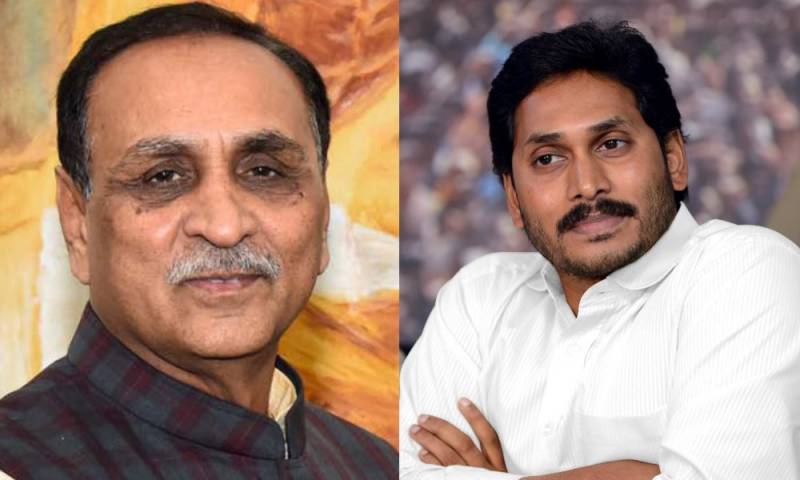Jagan’s prohibition dreams ridden with pitfalls
By Jinka Nagaraju
Highlights
- Gujarat has failed to check illegal liquor trade
- Politico-police-mafia nexus tough to rip apart
Hyderabad: A pertinent statement made on Monday by Chief Minister Vijay Rupani made on the floor of the Gujarat Legislative Assembly, which is in session, has sadly gone unnoticed. It related to the flourishing illicit liquor trade in Gujarat, which has been a dry state since Independence. If one takes a larger view of Mr Rupani’s observation, it sends out a message to all States, including Andhra Pradesh, which is struggling to enforce prohibition.
A startling revelation is in his clarification that illegal liquor worth Rs 252 crore had been seized in the past two years. The Gujarat Chief Minister was responding to queries raised by the legislators.
Prohibition is a tricky business and enforcing it needs something more than the enthusiasm shown at the time of announcing the decision. While sentiments drive governments to enact the law prohibiting the sale of liquor, political realities defeat the noble cause.
Gujarat takes pride in the fact that it has been implementing prohibition since Independence. But what one should not forget the notoriety the State earned for the flourishing liquor business that is spearheaded by a well-networked mafia.
Despite strong political leadership and an effective police force, Gujarat has to fail to contain the flow of liquor. The 2009 hooch tragedy in which more than 100 people perished is an indelible blot on the history of prohibition in the State. It continues to malign the image!
A grim reality is that illegal trade of liquor, or of any other product for the matter, is not possible unless there is a nexus between police and mafia and massive political patronage.
It has been to such overwhelming levels that Shah Rukh Khan-starrer Raees (2017) was based on bootlegging and Abdul Latif, a don who ruled like an empire in Gujarat. The movie pegs the volume of bootlegging at Rs 25,000 crore. Abdul Latif was arrested in 1995 and killed two years later in a police encounter. However, the illegal liquor trade did not end with his death.
Andhra Pradesh is determined to impose prohibition in a phased manner. Every step is fraught with challenges and risks. Prohibition, as the experience of Gujarat clearly demonstrates, is not a matter of implementing laws with stringent measures alone.
Such laws can give birth to police States, which was observed by Patna High Court while directing the Nitish Kumar’s government to reframe the punitive provisions of the statute. The success of prohibition lies in the effective curbing of the illegal trade, at a time when the orders are door-delivered.
The objective, however noble the intention, should be to ensure that local Abdul Latifs do not emerge on the sly. Can Chief Minister YS Jagan Mohan Reddy unshackle the well-entrenched politician-police nexus to ensure total prohibition per say?